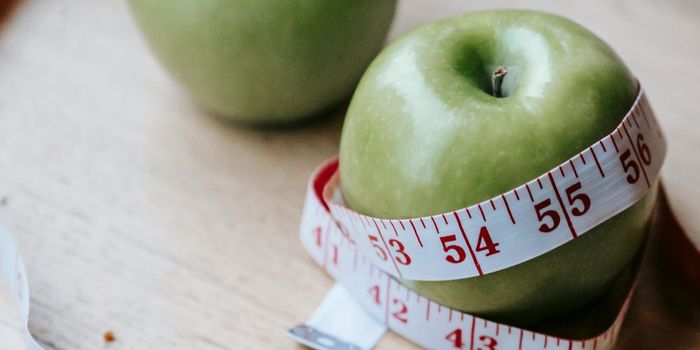Does Shoveling Snow Increase Your Risk of a Heart Attack?
As temperatures drop and snow starts to fall, many of us are beginning—or continuing—the daily chore of shoveling snow. However, the American Heart Association warns that this task could lead to a greater risk of heart attacks for many Americans.
Shoveling snow puts a surprisingly high level of strain on the heart, especially for people who have been relatively sedentary in the holiday months leading up to the first snowfall of the year. Cold weather also increases blood pressure while causing arteries to constrict, further increasing risk. One study showed that the amount and duration of snowfall were both correlated with an increased number of hospitalizations and deaths due to heart attacks.
Heart attacks, or myocardial infarctions, are the result of insufficient blood flow to part of the heart. They are usually caused by coronary artery disease, in which plaque builds up inside the arteries that supply blood to the heart and causes those arteries to narrow. Sudden, vigorous exercise in individuals with previous plaque buildup may lead to sudden rupture or erosion of this arterial plaque, leading to a heart attack. Thus, those who are already at risk for cardiovascular disease have a greater chance of experiencing issues related to sudden, vigorous exercise like shoveling snow.
To lower your risk of a heart attack due to shoveling snow (or any other vigorous exercise after a sedentary period), take breaks, stay hydrated, stay warm, and avoid overexertion. If you are a member of a high-risk group for heart disease, such as smokers and those with diabetes, obesity, a sedentary lifestyle, or a history of heart disease, consider asking a relative or neighbor to shovel your snow. Despite the potential risk surrounding sudden, vigorous exercise and heart attacks, remember that regular, long-term physical activity is one of the best ways to prevent cardiovascular disease over your lifetime.
Sources: Oxidative Medicine and Cellular Longevity, Circulation, Newsroom, American Heart Association








